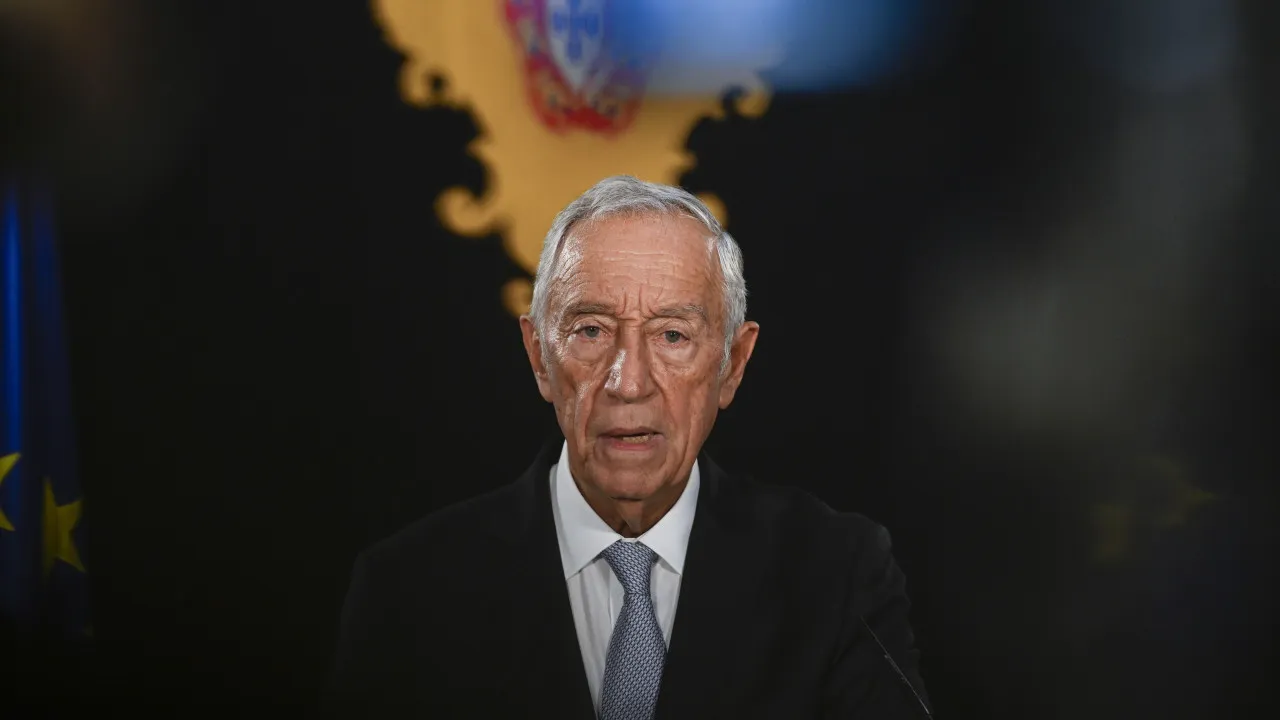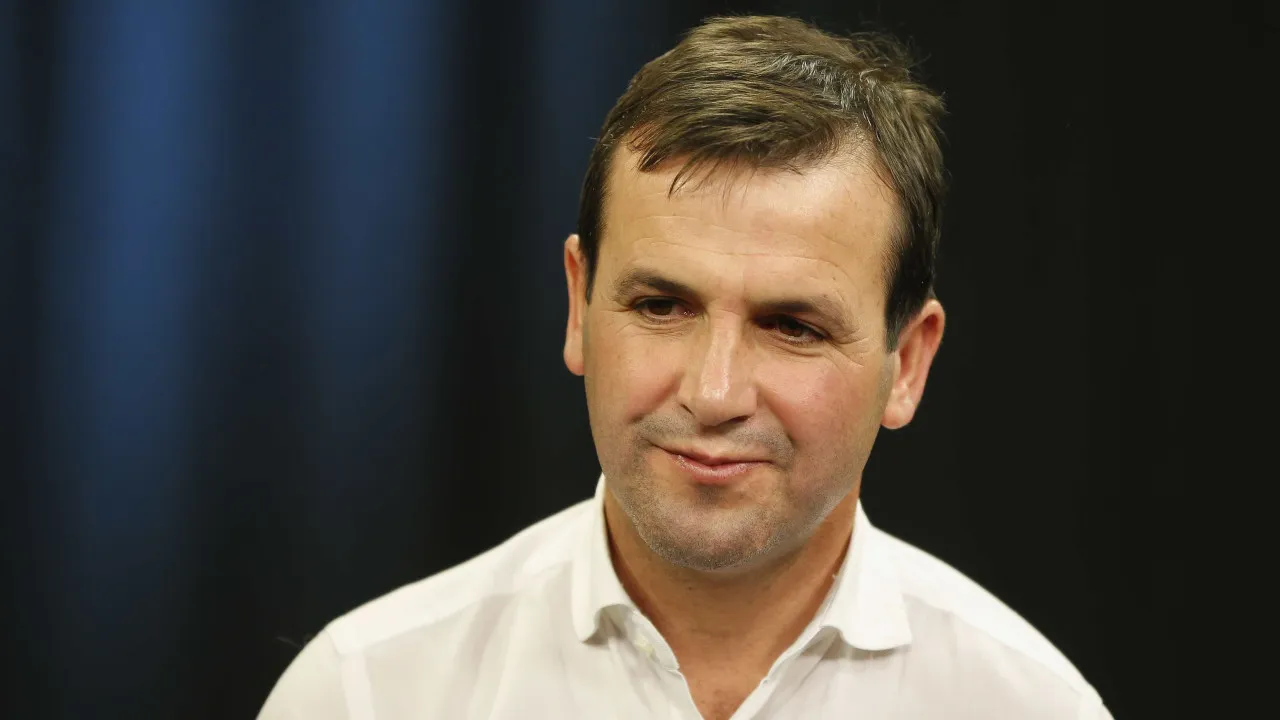
Portugal is set to become a European center for training and qualifying crew members of the KC-390 aircraft, Defense Minister Nuno Melo announced. This plan includes the acquisition of a second flight simulator for the aircraft, which will be installed at Air Base No. 11 in Beja district.
Nuno Melo traveled from Lisbon to Beja on a C-295M aircraft of the Air Force, accompanied by the Chief of the General Staff of the Armed Forces, General Nunes da Fonseca. He emphasized that this is not an insignificant acquisition given that the cost of training each pilot can range from 600,000 to 700,000 euros, representing potential savings and profit for Portugal.
“We will train crews for these aircraft, which already equip the air forces of many countries, allowing us to bring returns to our Defense industry and the Air Force,” he highlighted.
The KC-390 is a versatile military transport aircraft capable of performing tasks ranging from fighting forest fires to conducting search and rescue operations, medical evacuations, and humanitarian missions.
In January, the Air Force received the final components of the KC-390 simulator, described as an “authentic replica” of the aircraft’s cockpit. This simulator was used for the first time today by Minister Nuno Melo, the CEMGFA, and the Chief of the Air Force General Staff, General Cartaxo Alves, at Squadron 506 — “Rhinoceroses,” where future pilots will receive training.
For about twenty minutes, Nuno Melo and military chiefs operated the KC-390 simulator, experiencing simulated air movements.
A simulator costs approximately the same as an aircraft (amounting to millions of euros), but the savings from using this “cockpit” are significant, as it eliminates the need for fuel during training flights and reduces maintenance requirements.
“The possibility of Portugal training pilots is a decisive step, thanks to the Air Force and a very virtuous partnership with Embraer. Training each foreign pilot in Portugal represents significant revenue, making this simulator not an expense but an investment,” the Defense Minister emphasized.
Melo explained that with this training center, the training that Portugal currently conducts abroad at a cost will be conducted locally, retaining profits estimated at about 10 million euros per aircraft sold.
Countries such as the Netherlands, Hungary, Czech Republic, and Austria have already acquired this impressive aircraft and might be interested in pilot training in Beja, with Squadron 506’s motto being “Only possible what seemed impossible,” a phrase from “The Lusiads.”
The Portuguese investment in acquiring these aircraft was about 800 million euros. Nuno Melo stressed that “with these aircraft sales already made in several countries and the returns to the Portuguese state, this investment is nearly at 600 million euros.”
“Therefore, through these sales, Portugal also mitigates its own investment costs, and I believe it helps the whole nation recognize that when discussing Defense, we are not talking about expenses but about numerous benefits for the Portuguese economy,” he noted.
The Chief of the Air Force General Staff, João Cartaxo Alves, explained that the funding for the first simulator came through the Military Programming Law (LPM), with the investment to be recouped through training, as this structure will be available “24 hours a day, 365 days a year.”
The terms for acquiring the second simulator are still under negotiation, with installation anticipated “sometime next year.”
In 2019, Portugal agreed with Brazil’s Embraer to acquire five KC-390 aircraft and one simulator, with two already delivered, aiming to replace the Hercules C-130 fleet at a cost of 850 million euros.
Within this agreement, aircraft modifications were made to meet requirements set by alliances like NATO, the United Nations, and the European Union, allowing these aircraft to be sold to other countries profitably for the Portuguese state.
[Updated at 17:10]




